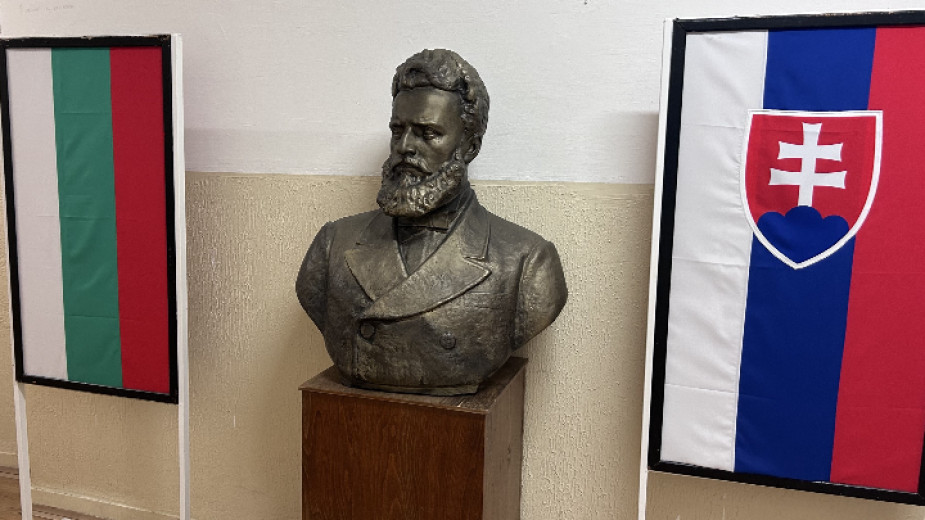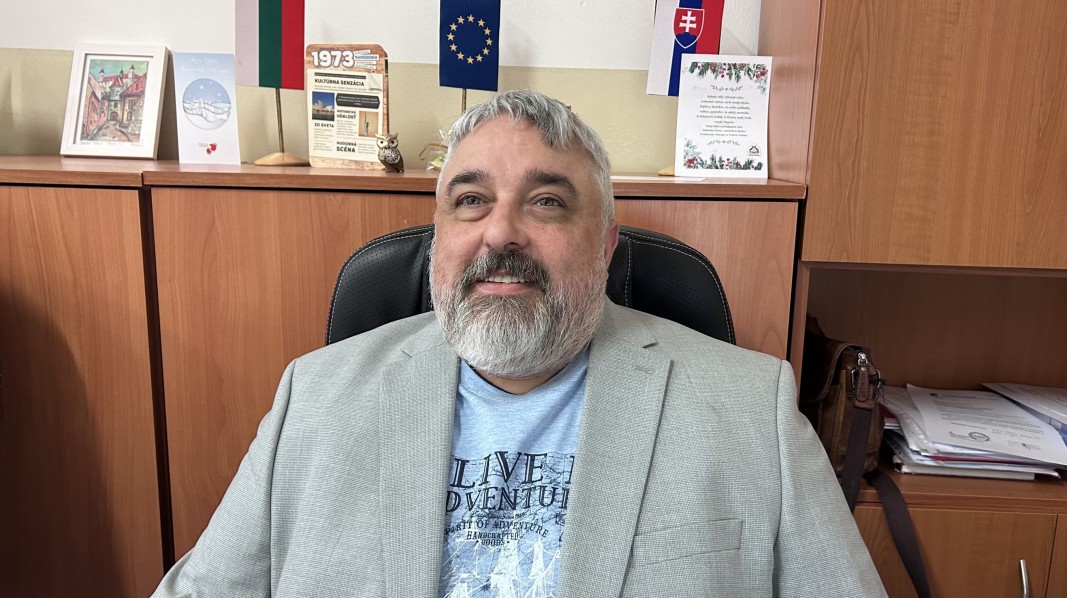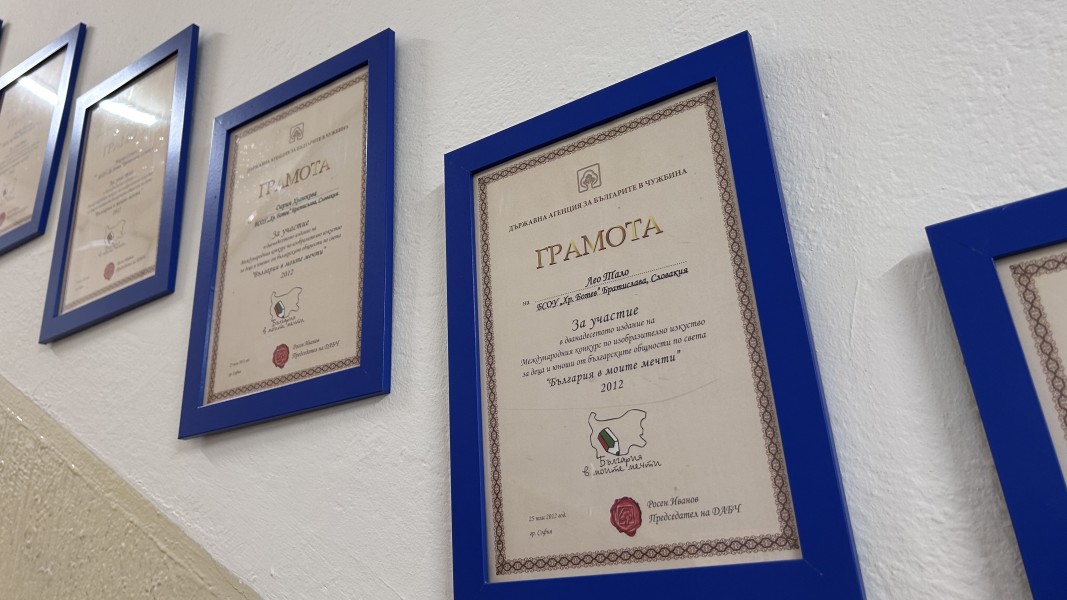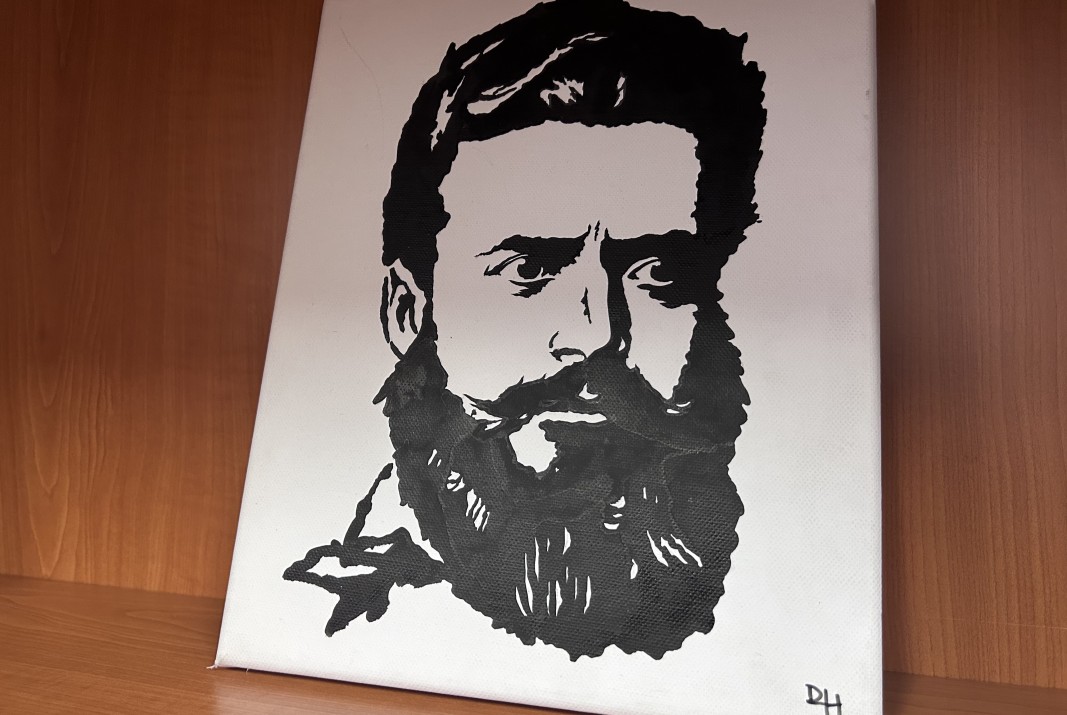 7
7
More than 75 years ago, the need emerged for the children of Bulgarian gardeners in Slovakia to receive education in a place where they could also learn the history and culture of their people in their mother tongue. That is how Bulgarians from Nitra, Komárno, Banska Bystrica, Presov and Košice decided to create their own school. All of them donated a bit of love from themselves, but also a lot of money. These days the “Hristo Botev” Bulgarian Secondary School in Bratislava attracts both Bulgarian children and children of other nationalities - Slovaks, Hungarians, Ukrainians, Russians…

"When the school was founded in 1948, there were initially just three students,” Nikolay Yordanov, the current principal of the Hristo Botev school in Bratislava, tells us. “In 1995, it turned from primary to a secondary school and since 2005 it has been part of the Slovak education system. Unlike the other Bulgarian public school in Prague, we work according to both the Bulgarian and the Slovak system.” The fact that the Bulgarian school regularly ranks in the Top 5 of Slovak secondary schools speaks for the high level of education. The rating system is based on the results of the matriculation exams and Nikolay Yordanov say the success of his students stems from their personal motivation and their pragmatic decision to take two compulsory matriculation exams instead of four, as is the case in Slovak schools. In addition, due to the difference in the educational systems, the students in the Bulgarian school are ahead in the educational program.

“We have more than 20 students who travel from Austria, Hungary or from other towns in Slovakia that are 20-30 km away from Bratislava. This is 1/5 of all our students. Imagine what their motivation must be to get up every morning at 5:00 am in order to be at school at 8:00?! Our relationships are very good, both between the students themselves and between colleagues, as well as between teachers and students. We do not make compromises here and the children know that they can count on fairness. This is also the reason for our good performance in the Slovak rating system. There are Slovak students who have very good results in the Bulgarian language exams. It's an incredible success and we have always had a very good average score in Bulgarian language."

The teachers themselves also learn from their students, the principal of the school and teacher in mathematics, physics and informatics tells us.
"Our children also keep us young,” Nikolay Yordanov says. “But they also challenge us to follow their pace. For example, we must learn what the current trend in the music they listen to is, we must know about artificial intelligence in cars, in phones... Well, of course, some of us are 40, 50 or 60 years old. But whether we want it or not, we have to learn continuously.

After students go home, they open the Slovak electronic education platform Smart Book or ours- Ucha se, where they find curios information and they come in school with lots of questions so we have to respond immediately to them. We must also learn new things constantly. And now, because of them, I have a profile in ChatGPT, as they all have profiles there and have tried to write essays through it. What I like most is that in the last 7-8 months they have been using this ChatGPT in all three languages that are studied in the school - Bulgarian, Slovak and English. And they make comparison between the ways this chatbot answered them. In order to keep up, we are constantly working here. There is no free afternoon. Even today, our teachers have training for working in a multicultural environment as we have children from Slovakia, from Ukraine, from Hungary, from Austria... We have to keep pace with the times!"
Publication in English: Alexander Markov
The Bulgarian minority in Romania marked a significant event with the official opening of the Bulgarian Inn in the village of Izvoarele (Hanul Bilgarilor), Teleorman County (Southern Romania)- a locality with Bulgarian roots dating back over 200 years...
The 14th edition of DiVino.Taste, Bulgaria’s leading forum for wines and winemakers, will take place from 28 to 30 November at the Inter Expo Centre in Sofia. Over 80 producers from all wine regions will participate, offering tastings of around 600 of the..
Minutes before the second and final reading, at the parliamentary budget and finance committee, of the state budget for 2026, the leader of the biggest party represented in parliament GERB Boyko Borissov halted the procedure and sent the draft bill..

+359 2 9336 661
